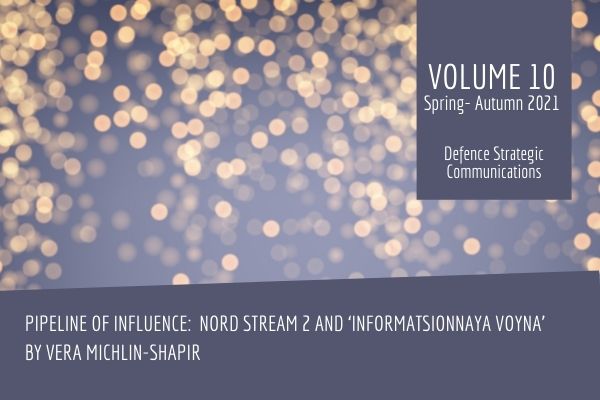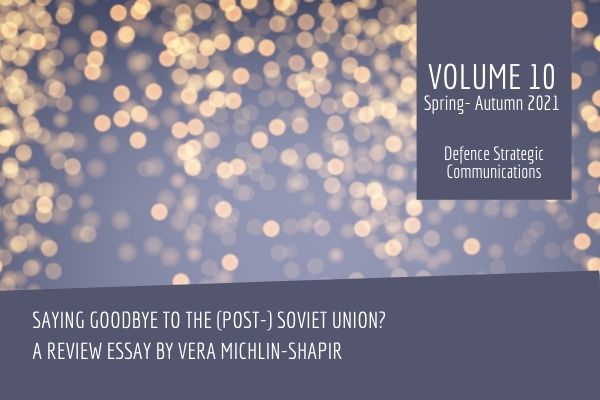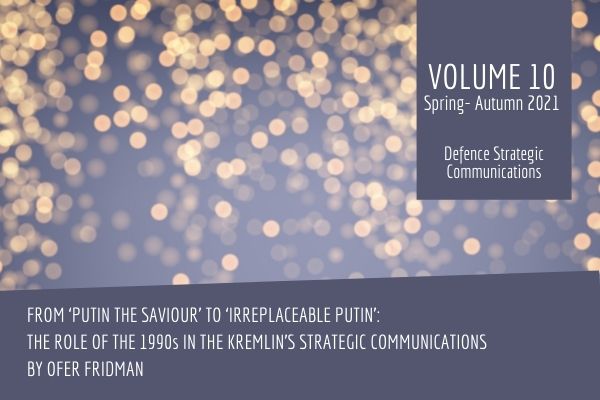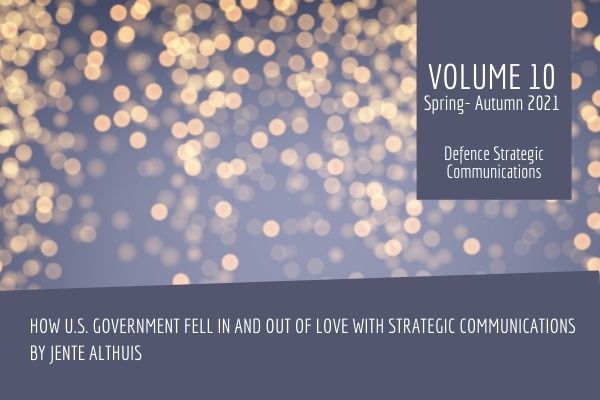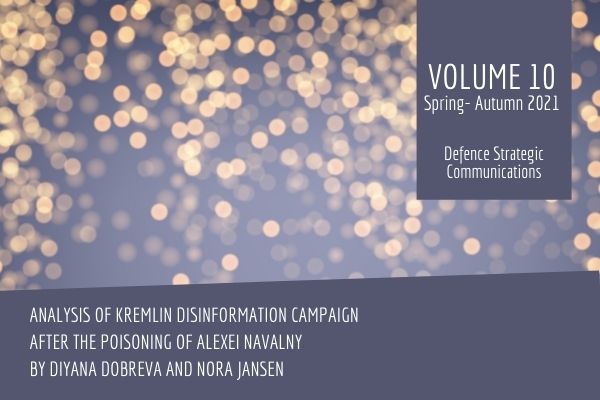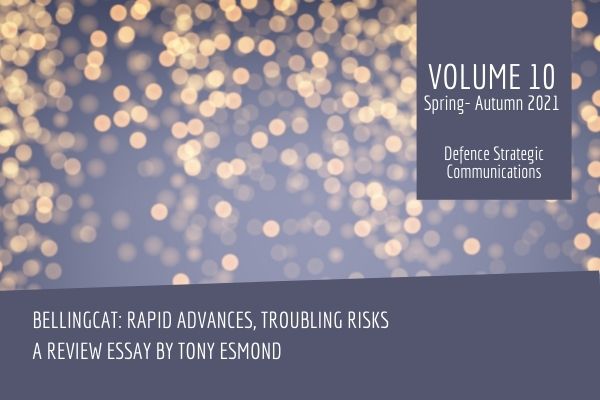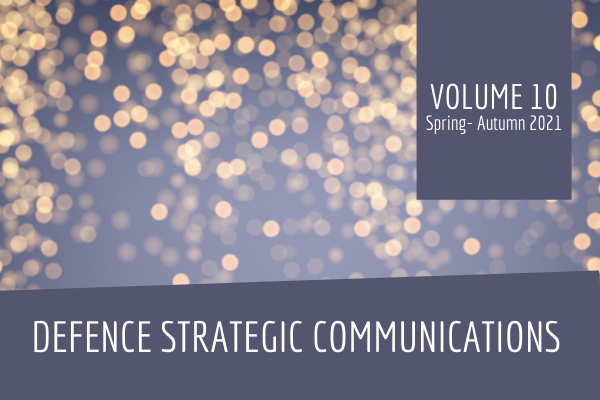ABSTRACT
This article studies Nord Stream 2 by analysing Russian and German discourses within a combined approach of Critical Discourse Analysis (CDA) methodology, strategic communications, and Russian ‘informatsionnaya voyna’ (information war) theories. It argues that the holistic approach of strategic communications and its closely corresponding Russian concept of ‘informatsionnaya voyna’ help to explain Nord Stream 2 as a project that, alongside its economic goals, aims to increase schism in the West. Using CDA the article presents an analysis of official Russian and German media discourses which points to a discursive dynamic between them. Ideas that were promoted by Russia were aimed at inducing divisions and discord in the West. This makes a novel contribution to the understanding of Nord Stream 2 as a confrontation in media space. Furthermore, it contributes to the understanding of how the Russian concept of ‘informatsionnaya voyna’ is applied in practice.
Keywords—strategic communications, strategic communication, Nord Stream 2, ‘informatsionnaya voyna’, Russia, Germany, Critical Discourse Analysis.
About the Author
Dr Vera Michlin-Shapir is a Visiting Research Fellow at the King’s Centre for Strategic Communications. She works on the impact of global trends on Russian domestic transformations and Russian media, and foreign and defence policies. Her book Fluid Russia—Between the Global and the National in the Post-Soviet Era was published in December 2021.
